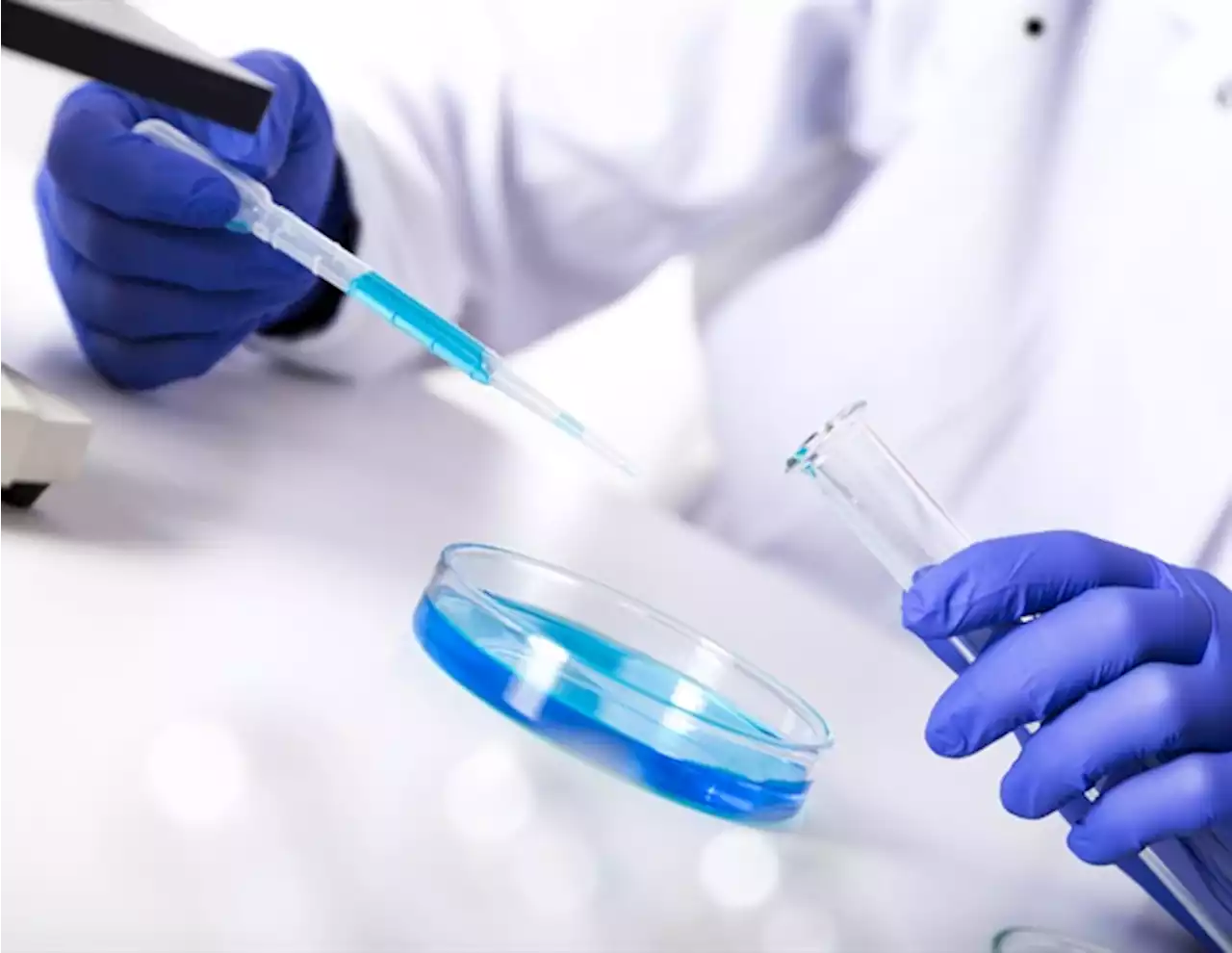Biological cells undergo a process known as 'heat stress response' when exposed to excessively high temperatures.
Reviewed by Danielle Ellis, B.Sc.Aug 21 2023 Biological cells undergo a process known as "heat stress response" when exposed to excessively high temperatures. Heat stress triggers a cascade of signaling mechanisms to produce a variety of heat shock proteins , including small heat shock proteins . These "cellular firefighters" protect heat-sensitive structures, prevent proteins from clumping, and help refold damaged proteins.
In a recent study published in PNAS, Prof. Hideki Taguchi and Dr. Tsukumi Miwa from Tokyo Institute of Technology in Japan have addressed this knowledge gap. The duo explored, through various experiments with genetically engineered E. coli strains, the mechanisms via which IbpA regulates the heat shock response, revealing a new pivotal function of the Hsp.
Through experiments involving IbpA-overexpressing and IbpA-deleted mutants, the researchers found that IbpA suppresses the expression of σ32 at the translational rather than transcriptional level. Accordingly, they proposed a new model explaining how IbpA operates under normal and heat stress conditions. In this model, when the temperature is not excessively high, IbpA suppresses the translation of rpoH RNA that produces σ32.
Danmark Seneste Nyt, Danmark Overskrifter
Similar News:Du kan også læse nyheder, der ligner denne, som vi har indsamlet fra andre nyhedskilder.
 Corrie fans 'uncover' Tyrone's biological dad as 'cryptic clue' comes to lightCoronation Street fans are convinced they've 'uncovered' the identity of Tyrone's biological father, after he reunited with his long-lost mother Cassandra 'Cassie' Plummer
Corrie fans 'uncover' Tyrone's biological dad as 'cryptic clue' comes to lightCoronation Street fans are convinced they've 'uncovered' the identity of Tyrone's biological father, after he reunited with his long-lost mother Cassandra 'Cassie' Plummer
Læs mere »
 Rapid antibody production servicesSino Biological leverages its expertise in order to produce antibodies incredibly rapidly. Sino Biological can produce clones in as little as 35 days.
Rapid antibody production servicesSino Biological leverages its expertise in order to produce antibodies incredibly rapidly. Sino Biological can produce clones in as little as 35 days.
Læs mere »
 GMP grade cytokines for cell therapy and clinical applicationsSino Biological has the capability to produce GMP-grade cytokines which can play huge roles into cell therapy and clinical applications research.
GMP grade cytokines for cell therapy and clinical applicationsSino Biological has the capability to produce GMP-grade cytokines which can play huge roles into cell therapy and clinical applications research.
Læs mere »
 Time-restricted feeding may correct the circadian disruptions in Alzheimer's diseaseOne of the hallmarks of Alzheimer's disease is disruption to the body's circadian rhythm, the internal biological clock that regulates many of our physiological processes.
Time-restricted feeding may correct the circadian disruptions in Alzheimer's diseaseOne of the hallmarks of Alzheimer's disease is disruption to the body's circadian rhythm, the internal biological clock that regulates many of our physiological processes.
Læs mere »
